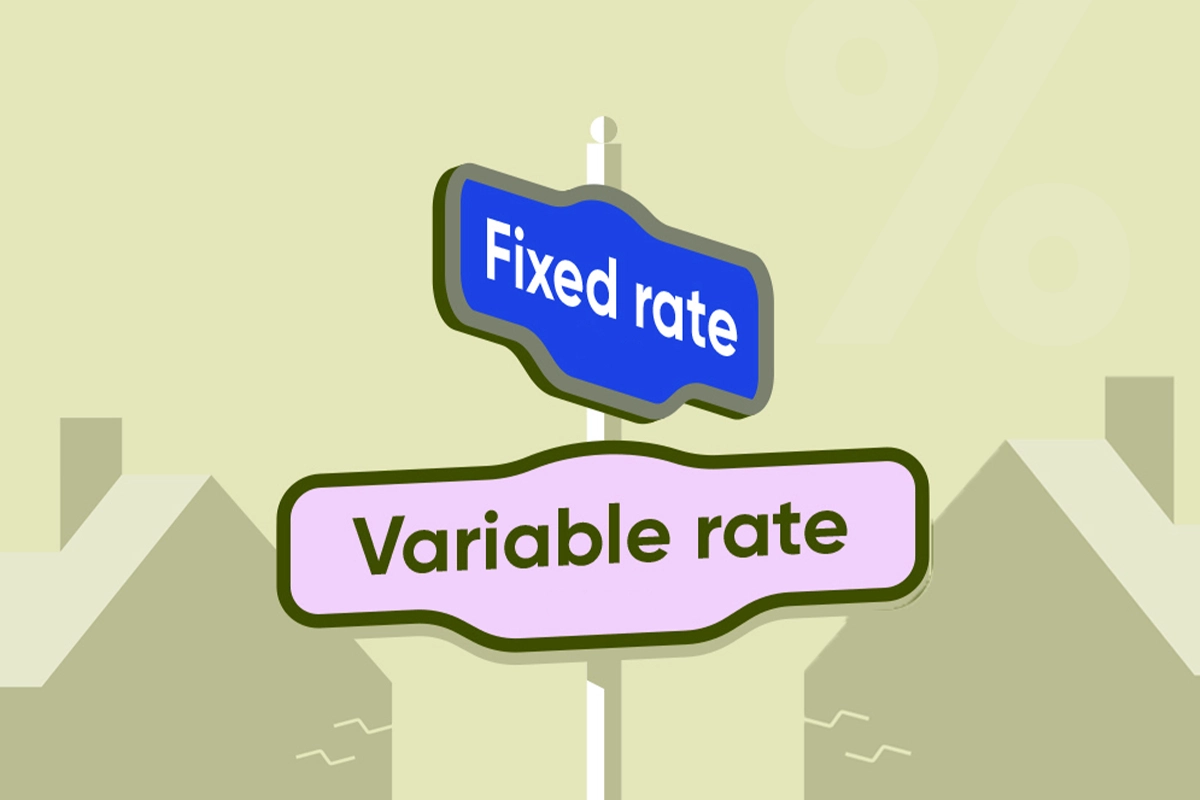When you take out a mortgage, you’ll face a big choice: fixed vs variable mortgage rates. The difference between fixed and variable mortgage rates can impact your monthly payments and long-term costs.
Fixed rates stay the same for your entire term. Your payments never change. Variable rates move up and down with the market. This means your payments could go higher or lower over time.
So, which one is better? The answer depends on your finances, risk tolerance, and where interest rates are headed.
In this blog, we’ll break down fixed vs variable mortgage rates in depth to help you choose the one that fits your needs best.
What Are Mortgage Rates?
A mortgage rate is the interest you pay on your home loan. Think of it as the “rent” you pay the bank for borrowing their money. The two main types are:
- Fixed Mortgage Rates: Your interest rate stays the same for the entire loan term.
- Variable Mortgage Rates: Your interest rate changes based on market conditions.
Picking the right one depends on your financial situation, risk tolerance, and how long you plan to stay in your home.
Fixed Mortgage Rates: Stability Over Surprises
A fixed-rate mortgage locks in your interest rate for the entire loan term, whether it’s 15, 20, or 30 years. Your monthly payment stays the same, making budgeting easier.
Pros
- Predictable Payments: No surprises, even if market rates go up.
- Peace of Mind: Great if you hate financial uncertainty.
- Long-Term Planning: Ideal if you’re staying in your home for many years.
Cons
- Higher Initial Rates: Fixed rates are usually higher than variable rates at first.
- No Savings if Rates Drop: If market rates fall, you’re stuck with your locked-in rate unless you refinance.
Best for: Homeowners who prefer stability and plan to stay put long-term.
Variable Mortgage Rates: Risk vs Reward
A variable-rate mortgage (also called an adjustable-rate mortgage) changes based on the Prime Rate set by the central bank. Your payments can go up or down over time.
Pros
- Lower Starting Rates: Often cheaper than fixed rates at first.
- Potential Savings: If rates drop, so do your payments.
- Flexibility: Good if you plan to sell or refinance soon.
Cons
- Unpredictable Payments: Rates can rise, increasing your monthly costs.
- Budgeting Challenges: It is harder to plan long-term with fluctuating payments.
Best for: Risk-tolerant borrowers or those who don’t plan to stay in their home long.
Fixed vs Variable Mortgage Rates: Factors to Consider
1. Current Interest Rate Environment
- If rates are low but expected to rise, fixed might be safer.
- A variable could save you money if rates are high but may drop.
2. Your Financial Situation & Risk Tolerance
- Do you love stability? Then, go for the fixed one.
- Like to have some risk? Consider the variable, then.
3. How Long You Stay in Your Home
- Staying 10+ years? Fixed gives long-term security.
- Selling in 5 years? Variability could mean lower payments.
How to Calculate Your Potential Savings?
Which option saves you more? Here’s a simple way to compare:
- Use a Mortgage Calculator: Plug in fixed vs. variable rates to see total costs.
- Check Historical Trends: See how rates have moved in recent years.
- Talk to a Mortgage Expert: They can run personalized scenarios for you.
Example:
- Fixed Rate (3.5%): $1,500/month for 30 years.
- Variable Rate (Starts at 2.5%): $1,200/month at first, but could rise.
If rates stay low, the variable wins. If they jump, the fixed mortgage rate will be better.
Final Verdict
When it comes to fixed vs variable mortgage rates, there’s no one-size-fits-all answer. The best option depends on your lifestyle, financial goals, and how comfortable you are with changing payments. Fixed rates offer peace of mind and predictability, while variable rates may bring savings—if you’re willing to take the risk.
Not sure which path to take? Diverse Mortgage Group is here to help. Our mortgage experts will guide you through your options, explain how each one works, and help you make the best decision for your future home.
Ready to take the next step?
Contact us today for best mortgage solutions tailored to your needs.
FAQs
How could you find the difference between fixed and variable mortgage rates?
The rate of the fixed rate mortgage remains the same. Your payments are scheduled for constant. While variable rate mortgage, your payments increase or reduce depending on the state of the market.
Is a variable-rate mortgage worth the risk?
It depends! If interest rates stay low, you could save money. But if rates rise, your payments will too. If you’re comfortable with some uncertainty, it might be worth it.
How do I decide which one is best for me?
Consider your budget, risk tolerance, and how long you’ll stay in the home. If you love stability, go fixed. If you’re okay with risk, variables could save you money.


